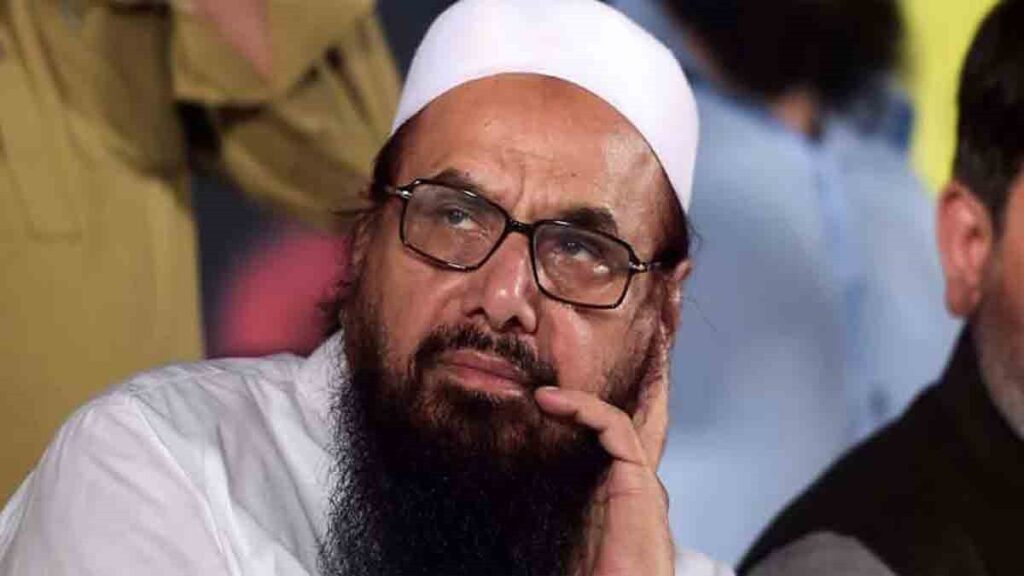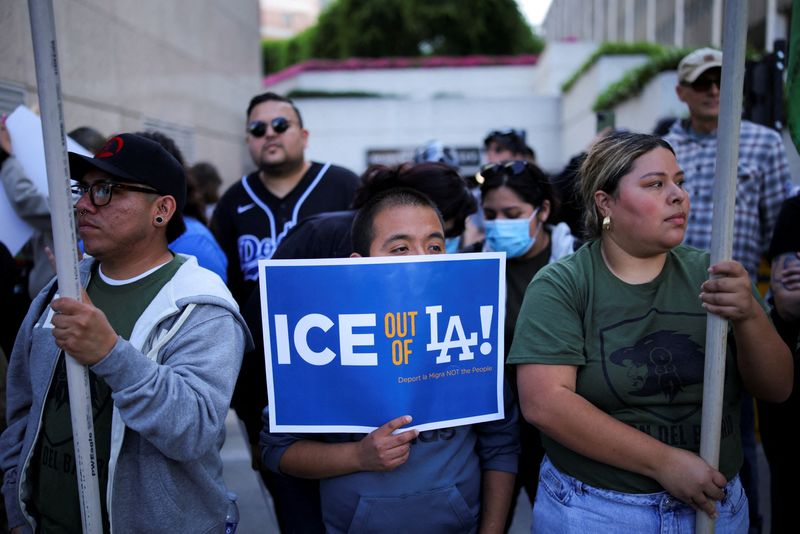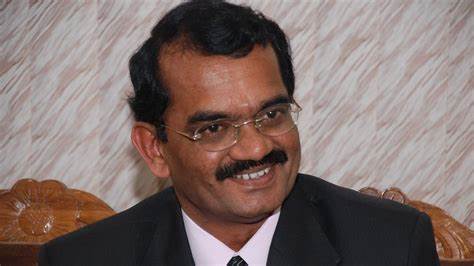What Did JP Singh Say About Hafiz Saeed and Operation Sindoor?
On May 20, 2025, India’s ambassador to Israel, JP Singh, spoke to Israeli TV channel i24, delivering a strong message to Pakistan: “Hand over Hafeez Saeed, Lakhvi, Sajid Mir, and things will be over.” He was referring to Hafiz Saeed, Sajid Mir, and Zakiur Rehman Lakhvi—key figures behind the 2008 Mumbai attacks and other terror acts. Singh drew a parallel with the US, which recently extradited Tahawwur Hussain Rana, a 26/11 conspirator, to India, asking, “When the US can hand over these culprits, why can’t Pakistan?” He also clarified that Operation Sindoor—India’s military response to the April 22, 2025, Pahalgam terror attack that killed 26 civilians based on their religion—is “paused, not over.” The operation targeted terror infrastructure in Pakistan, and Singh emphasized India’s new “offensive strategy” against terrorism, warning that the fight continues until such demands are met.
India Envoy's Strong 'Hafiz Saeed Message' To Pakistan | JP Singh Demands 'If US Can...' | Op Sindoor#TNDIGITALVIDEOS pic.twitter.com/HiX33ZINn1
— TIMES NOW (@TimesNow) May 20, 2025
Why Is This Demand a Critical Moment for India-Pakistan Relations?
JP Singh’s ultimatum is a pivotal moment because it underscores India’s unwavering stance on terrorism and its impact on India-Pakistan relations. Hafiz Saeed, a UN-designated terrorist and LeT founder, has lived openly in Pakistan despite a nominal 46-year sentence for terror financing, symbolizing Pakistan’s reluctance to crack down on terror groups. The Pahalgam attack, a brutal act targeting civilians, prompted Operation Sindoor, which escalated tensions with strikes on Pakistani terror infrastructure, including a significant hit on Nur Khan base.
Pakistan sought a ceasefire on May 10, 2025, after the strikes, but Singh dismissed their offer to investigate Pahalgam as insincere, citing their inaction on past attacks like Mumbai, Pathankot (2016), and Pulwama (2019), despite India providing detailed evidence each time.
Singh also called for a global anti-terror coalition, urging nations like India and Israel to unite against terrorism and its state sponsors, reflecting a broader push for international accountability. His demand aligns with growing global pressure on Pakistan, especially after the Pahalgam attack drew condemnation from the US, EU, and UN. If Pakistan were to hand over Saeed, Lakhvi, and Mir, it could mark a turning point, potentially de-escalating the current cycle of violence and opening the door to normalized relations in 2025—a year already marked by heightened tensions following India’s military response. However, Pakistan’s recent moves to bolster Saeed’s security suggest they’re bracing for resistance, possibly fearing Indian covert operations. Singh’s message is clear: justice for victims of terrorism is the key to peace, and Pakistan’s response will determine the future trajectory of this volatile relationship.




















